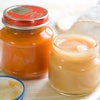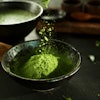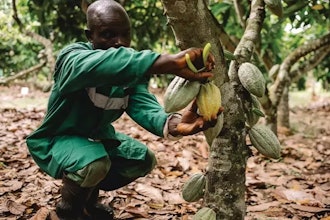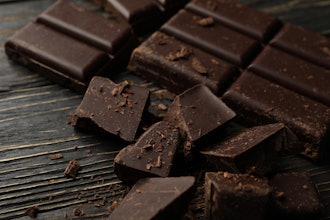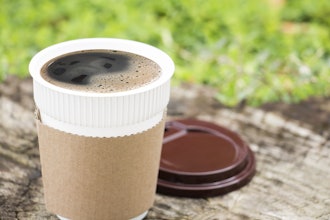BELLEVILLE, Ill. (AP) — When it comes to southwestern Illinois orchards' peach crops this year, Chris Eckert and other growers have every reason to feel a bit warm and fuzzy.
Blessed by a mild winter and dodging spring freezes that commonly take their toll on peach blossoms, harvesting of some varieties is under way at Eckert Orchards near Belleville — two weeks earlier than anything on record at the 175-year-old family business.
"Everyone's so excited. It's just kinda crazy when you think about it," Eckert, the orchard's president, said Saturday. "Normally, you beat a record by a day or two. But two weeks?"
Eckert said his business, which has several sites in southern Illinois, grows about 75,000 bushels of peaches each year, much of it bound for supermarkets and produce stores from Kansas City to Indiana and as far north as Chicago and Minneapolis.
"We're looking at our crop being the biggest in our history," he said. "We could get about 80,000 bushels this year — that wouldn't be out of the question."
Just southeast of Belleville, Braeutigam Orchards owner Tom Range said the weeks-early arrival of some varieties suggests the main crop could ripen by the end of June, not by mid-July as usual.
"People are ready for their fruit," said Range, whose roughly 1,000 peach trees generally yield about 1,500 bushels, much of it sold on site or at a roadside stand run by the orchard, which has been raising fruit since the 1930s. "The trees are really vigorous-looking with a nice green color. We should have a nice-looking peach."
Similar stories of good peach fortune are being told far beyond Illinois, a state better known for its corn and soybeans.
Growers in Alabama — which, according to a study, produces about 20 million pounds of peaches annually — credit the mild winter temperatures for earlier availability of peaches in the heart of its peach country between Montgomery and Birmingham. Texas also reports a robust peach crop — a far cry from last year, when the drought decimated it.
Some states aren't as lucky. Michigan's erratic spring weather brought a rare, extended period of summer-like temperatures in March that propelled fruit trees into blossoming early, but subsequent freezes killed those buds. That savaged much of the state's peach and apple crops, causing some of the biggest losses in decades.
"We've had freezes before, but you'd always have something come through OK," David Rabe, a grower of apples, tart cherries, peaches and asparagus in Michigan's Oceana County, recently told The Associated Press. "This year, just about everything's devastated. Asparagus might be the only crop we can harvest."
Illinois growers turned out 7,580 tons of peaches in 2010, unchanged from the previous year and just a fraction of the 1.3 million tons produced nationwide. But the region's growers have seen far worse — in 2007, Illinois' freeze-decimated output was just 100 tons, and neighboring Missouri yielded just 15 tons.
"Yes, we feel very fortunate this year that we made it through our most risky weather situations," Eckert said. "That doesn't mean Mother Nature can't throw you a curve yet, like a hail storm. But so far, we've dodged the bullets, and we're excited to be able to share fresh, homegrown fruit earlier than usual."
Range, though, remains cautious. His main peach crop — and the usual 2,500-bushel bounty from his 1,200 apple trees — also may come in weeks faster during the summer swelter, which could discourage his pick-your-own customers.
"It does concern you because it's such an oddity," he said. "Can you imagine apple-picking in 95 degrees?"


